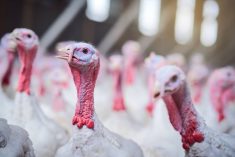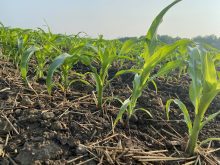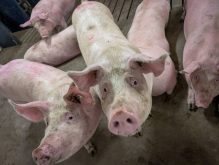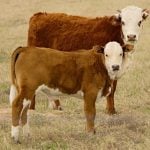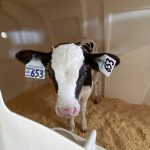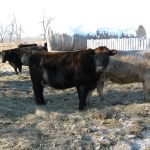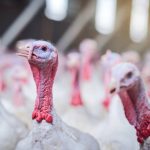The U.S. government, on its deadline day to announce such a decision, plans to appeal a World Trade Organization ruling against its controversial country-of-origin labelling (COOL) law.
The U.S. on Friday notified the WTO’s Dispute Settlement Body (DSB) of its intentions, the WTO said in a statement. Details, such as a specific timeline for hearings by the WTO’s Appellate Body, were to be made available “in the next few days.”
At issue is a Nov. 18, 2011 ruling by a panel of the DSB, responding to complaints filed in 2008 by Canada and Mexico and finding COOL to be inconsistent with the U.S. government’s WTO obligations.
Read Also
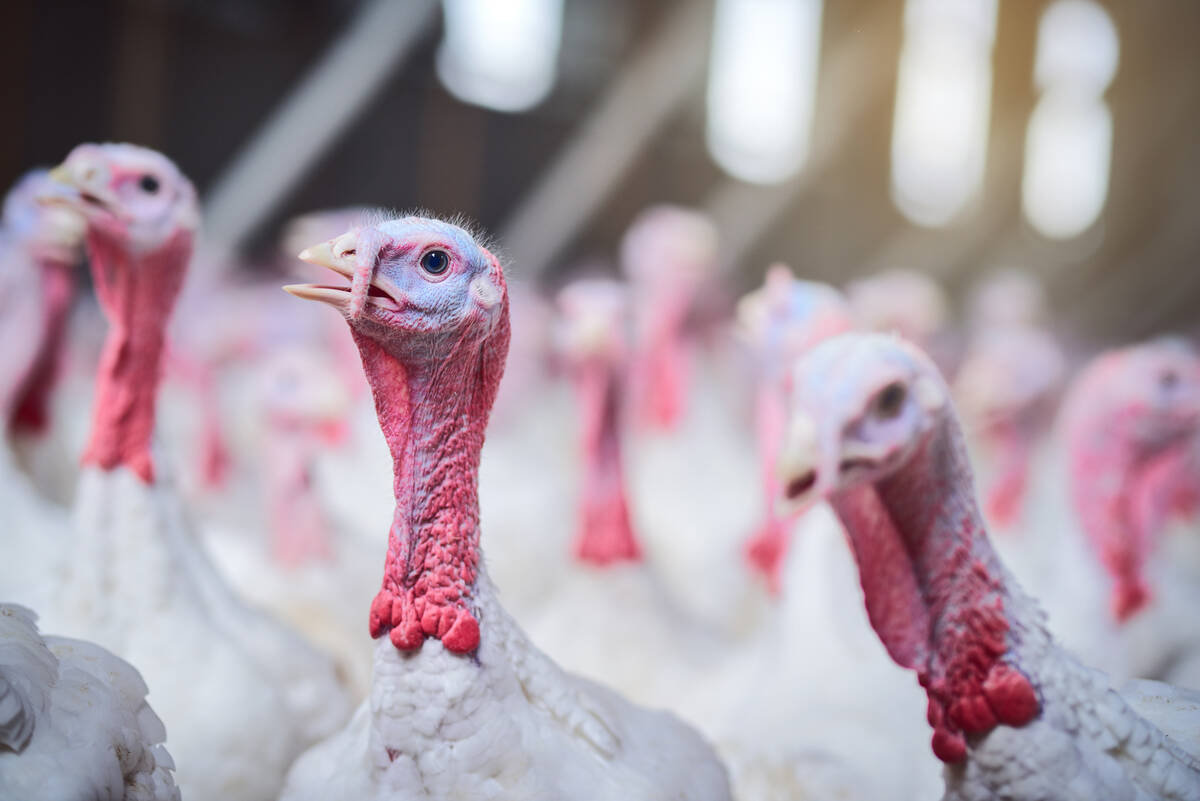
Britain launches bird flu vaccine trials in turkeys
Britain has begun targeted bird flu vaccine trials in turkeys, the government said on Thursday, marking a shift in its approach to controlling the disease that has ravaged flocks and pushed some countries to adopt the technique to help reduce losses.
COOL, launched in September 2008, requires U.S. retailers to notify their customers, by way of labeling, on the sources of foods such as beef, veal, pork, lamb, goat, fish, fruits, vegetables, peanuts, pecans and macadamia nuts.
Both Canada and Mexico have long contended that COOL violates international trade laws, restricts market access and is a technical trade barrier.
The Canadian Cattlemen’s Association said Friday it’s “disappointed” in Washington’s decision to appeal, noting COOL “continues to have a significant impact on Canadian cattle prices.”
“There is at least a $25 to $35 per head reduction in price on every head of cattle sold regardless of whether they are exported to the U.S. or not,” CCA president Martin Unrau, a cow-calf producer at MacGregor, Man.
The CCA said it expects both Canada and the U.S. will make their written submissions to the Appellate Body by the middle of next month, with an oral hearing likely in late April or early May.
The WTO noted the Appellate Body generally has up to three months to finish a report after such hearings, but the CCA said a final decision from the Appellate Body would likely come by the end of June.
“Not the answer”
In its corner the CCA has agriculture economist Daniel Sumner of the University of California at Davis, who the association quoted as estimating nearly 9,000 U.S. meatpacking jobs are at risk of being eliminated if COOL is not resolved and U.S. packers must continue to segregate cattle in their plants to fit COOL’s requirements.
Mainstream U.S. cattle and agriculture groups have also “officially declared their desire that the COOL dispute be resolved and not appealed,” the CCA noted.
“In many cases, (U.S.) ranchers who feed imported cattle have incurred significant discounts, which have not been offset by benefits proponents of COOL claimed would be available,” Colin Woodall, vice-president of government affairs for the U.S. National Cattlemen’s Beef Association, said in a release in November.
“Just as importantly, cattlemen have yet to discern any positive reaction from consumers regarding mandatory origin labeling.”
An appeal, Woodall said at the time, “is not the answer. Bringing the United States into compliance is the answer.”
The NCBA also urged Washington to bring COOL into compliance “before U.S. farmers and ranchers once again face unnecessary and unfortunate retaliatory tariffs on their products.”
“We had hoped that the U.S. government would recognize that this law is a drain on the competitiveness of its own meat and livestock sectors,” the CCA’s Unrau said Friday.
“We don’t need to repeal all of COOL. We just want a surgical amendment to the legislation that would eliminate the segregation. That should be a win-win for both Canada and the U.S.”
Related story:
WTO rips U.S. COOL law in win for Canada, Nov. 18, 2011



